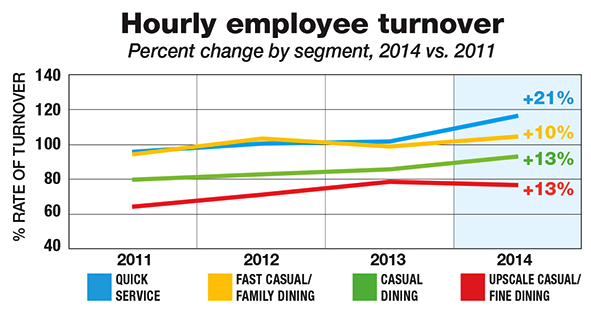Mylan, a generic drug maker based outside Pittsburgh, abandoned its status as a US corporation, gaining tax advantages by moving its headquarters to the Netherlands. The move reduced the taxes the company pays on profits from sales of drugs overseas, but Mylan continues to maintain most of its operations in Pennsylvania.
Mylan was viewed by some in Congress and the Obama administration as a symbol of corporate greed when they undertook a corporate inversion that placed profits above any commitment to its home country.
But now, Mylan is demanding that the US Federal Trade Commission (FTC) protect it from a hostile takeover bid by an Israeli company, Teva Pharmaceuticals. Mylan asked the FTC to examine Teva’s purchase of Mylan stock for possible violation of the requirement that large purchases of stock of US firms must be reviewed by antitrust authorities, because Mylan is still listed on the NYSE. The company claims that its principal office remains in Pennsylvania, which makes it a “US issuer” of stock for federal anti-trust purposes.
The irony of this is not lost in Washington. Rep. Chris Van Hollen (D-MD), the senior Democrat on the House Budget Committee said:
Mylan is trying to have its cake and eat it too…It is an intolerable abuse of a loophole when US corporations pretend they are based overseas in order to get out of paying their fair share and duck their responsibilities to the United States. It’s just plain hypocrisy when one of those same inverted companies claims that it is actually a US company because it needs the special protections US law gives to American companies.
Mylan may have a case. Its plea for help from the US government could pass legal muster but, the optics of a company that abandoned its US citizenship in order to pay less in federal taxes, and then seeking the protection of a federal agency is problematic.
Compounding the farce, Mylan is attempting its own hostile takeover of Perrigo, in order to stave off Teva.
Mylan’s unabashed lack of shame is impressive. Maybe the FTC’s decision-making on this case should take quite a while.
So, wake up Congress, and deal conclusively with corporate inversions! Our wake-up calls for the next few weeks will be songs about summer. We start with the Lovin’ Spoonful’s only #1 hit, “Summer in the City”:
For those who read the Wrongologist in email, you can view the video here.
Monday’s Hot Links:
The return trip often seems shorter than the initial trip, even though the distance traveled and the actual time spent traveling are identical. This is called the “return trip effect”. Two studies say it is real, but you already knew that.
Trucker jobs will be the first casualty of driving robots. Trucker salaries average $40,000/year. Most truck accidents are due to user error: Driving too fast, driving while tired, or driving while intoxicated. Robots don’t drink, don’t get tired, and won’t drive unsafely in order to get to a destination faster. Drivers will still be needed for inner-city driving (at least initially), but most long-haul operations will quickly vanish as soon as licensing is complete in most states.
Three years ago, Saudi Arabia announced a goal of building, by 2032, 41 gigawatts of solar capacity by 2032, slightly more than Germany has today. The Saudis burn about a quarter of the oil they produce—and their domestic consumption has been rising at 7% a year, nearly three times the rate of population growth. According to a British think tank, if this trend continues, domestic consumption could eat into Saudi oil exports by 2021 and make the kingdom a net oil importer by 2038.
Privail Diagnostics, has developed a simple, portable blood test that can detect the HIV virus (not antibodies) for the first time. That means an earlier diagnosis, and reduced infection rates. Privail’s at-home testing device is like a diabetes test, needing only one drop of blood. It shows the results in a color bar, like an at-home pregnancy test or digital output, like a diabetes meter. Invest at your own risk.
Hackers have apparently cracked the computer systems responsible for issuing flight plans to pilots of every airline. The apparent weak link? The flight plan-delivery protocol used by every airline. Ground computers calculate the appropriate flight plan for planes, and someone on ground approves the plan before distributing it to pilots. Pilots receive plans before taking off, as well as enroute, when a change occurs during a flight. Plans are uploaded to planes via a datalink. Once a hacker figures out those protocols, it is possible to issue a bogus flight plan. But, the industry says, not to worry.
Your thought for the week: Giving money to poor people is socialism, or even communism…..giving money to AIG or Goldman Sachs is capitalism, and that’s what made this nation grrrreat!!!

